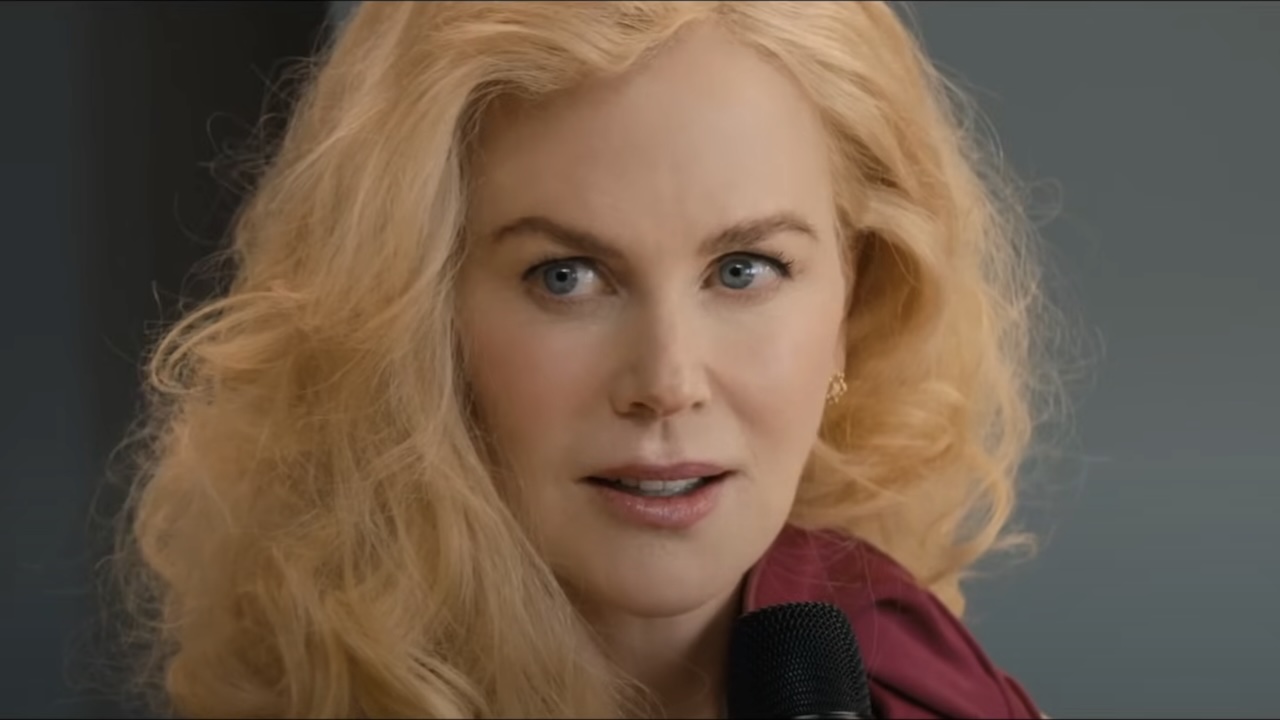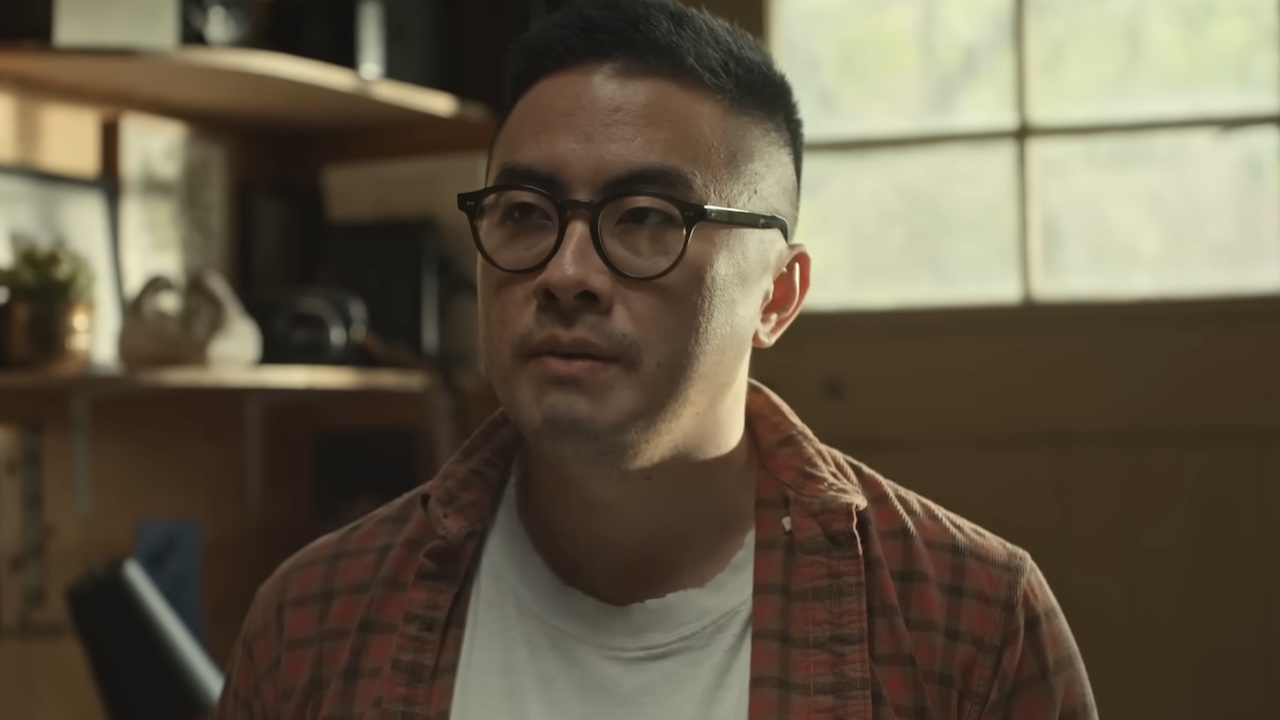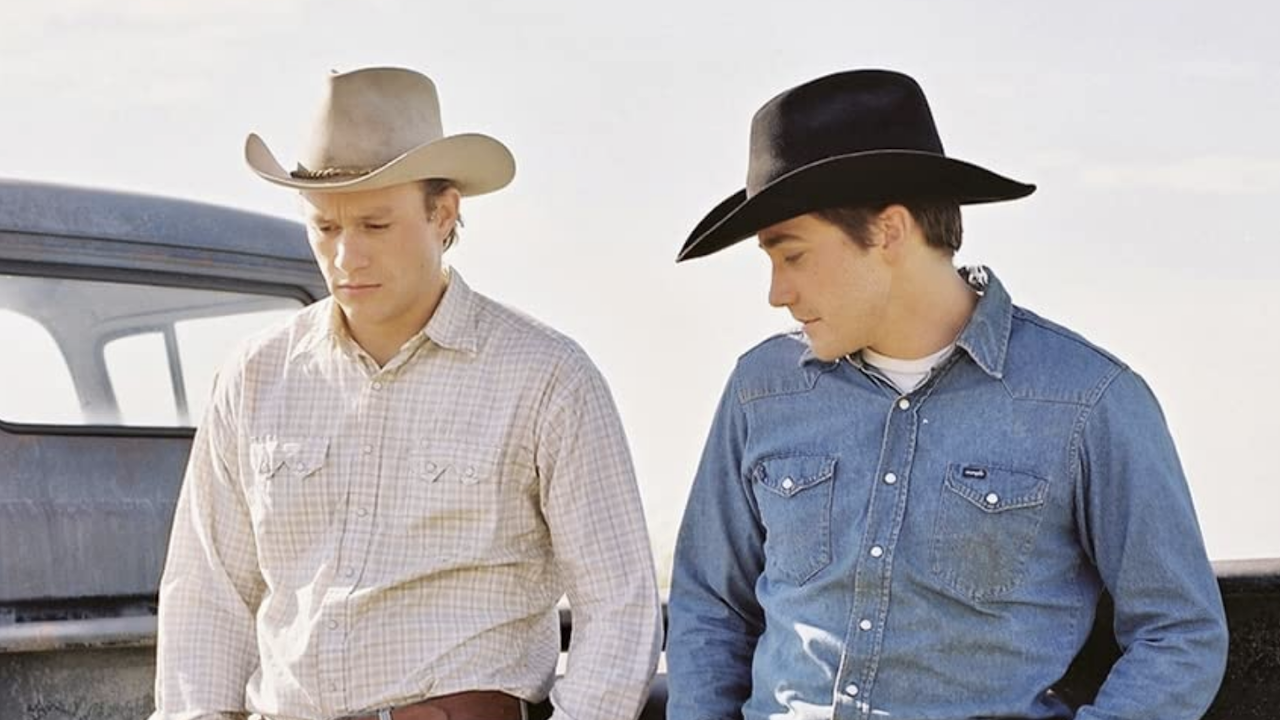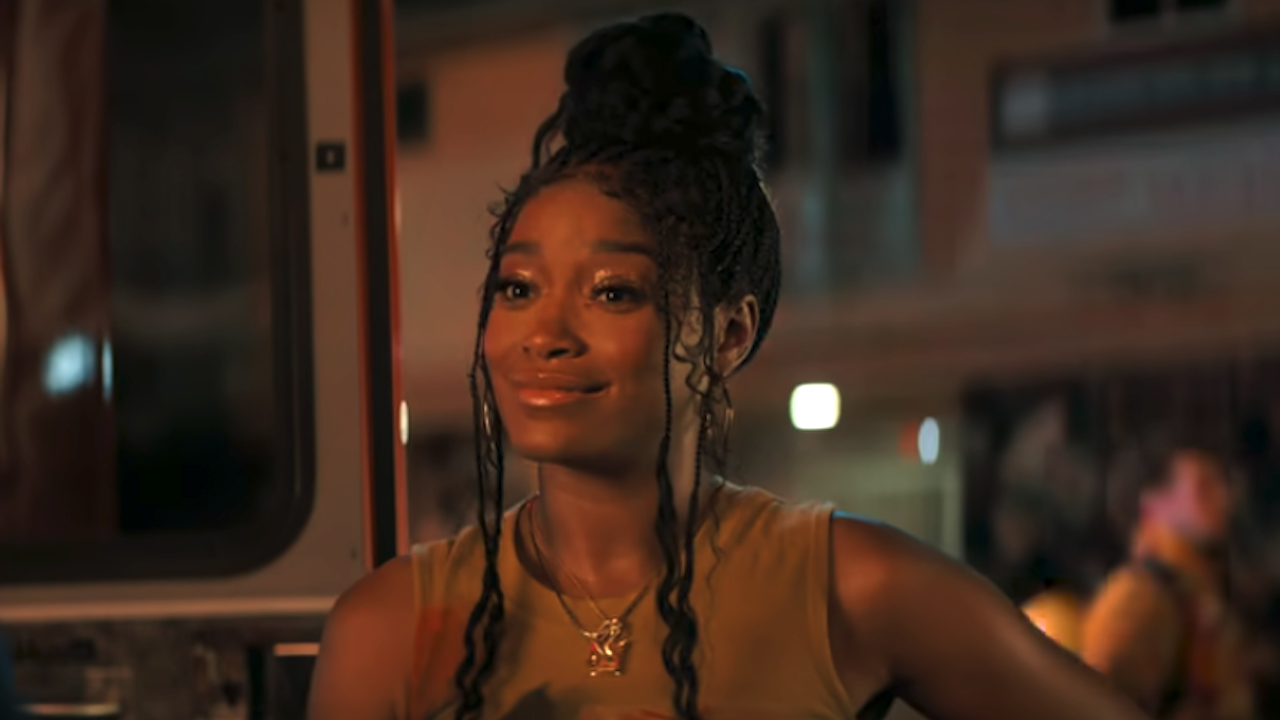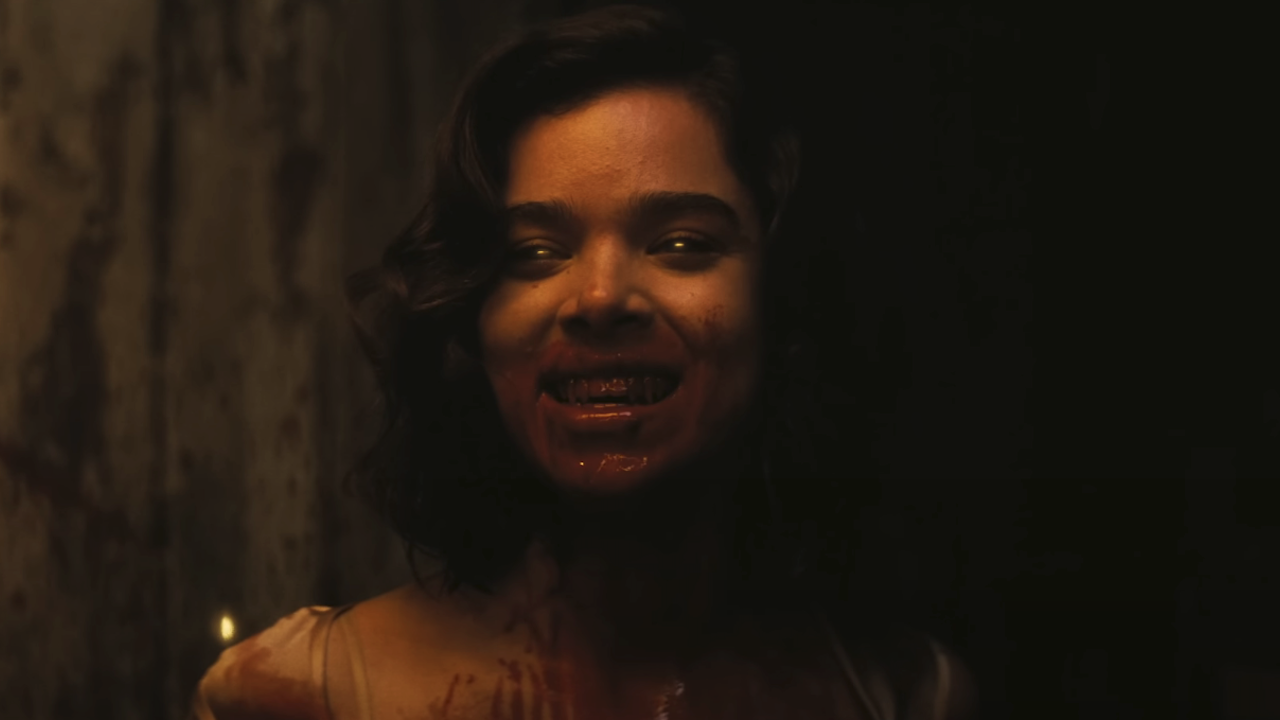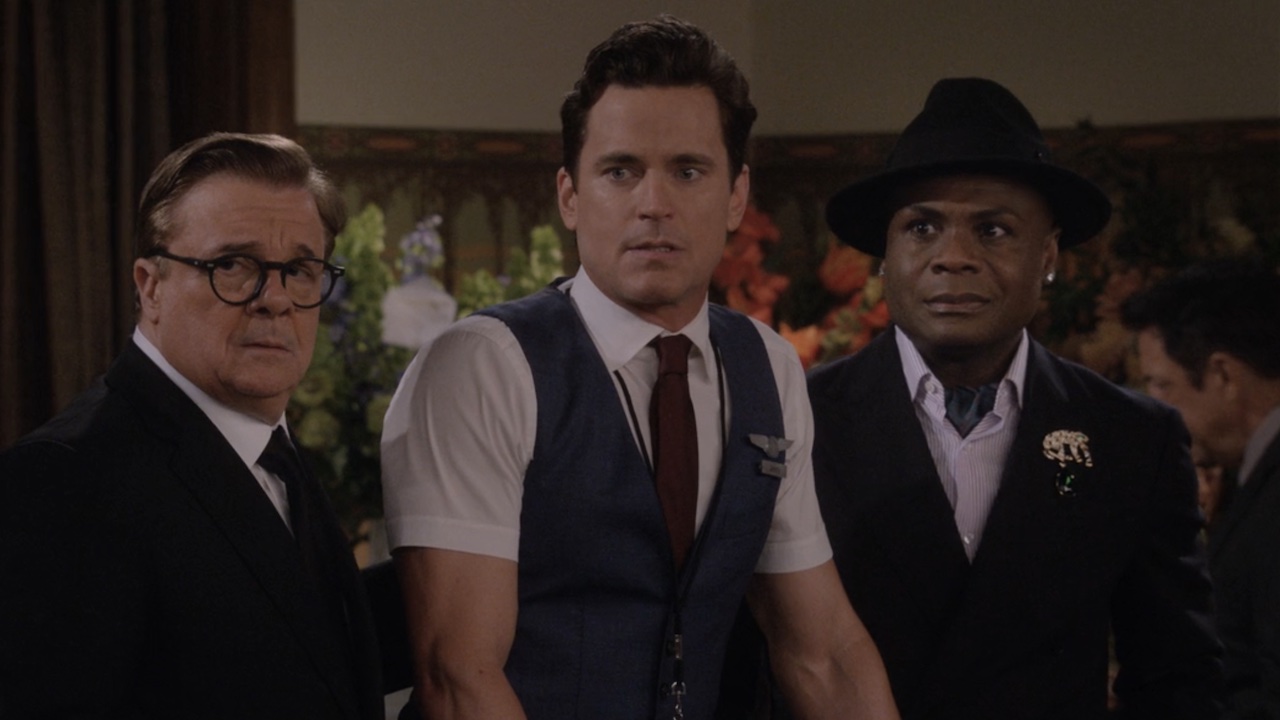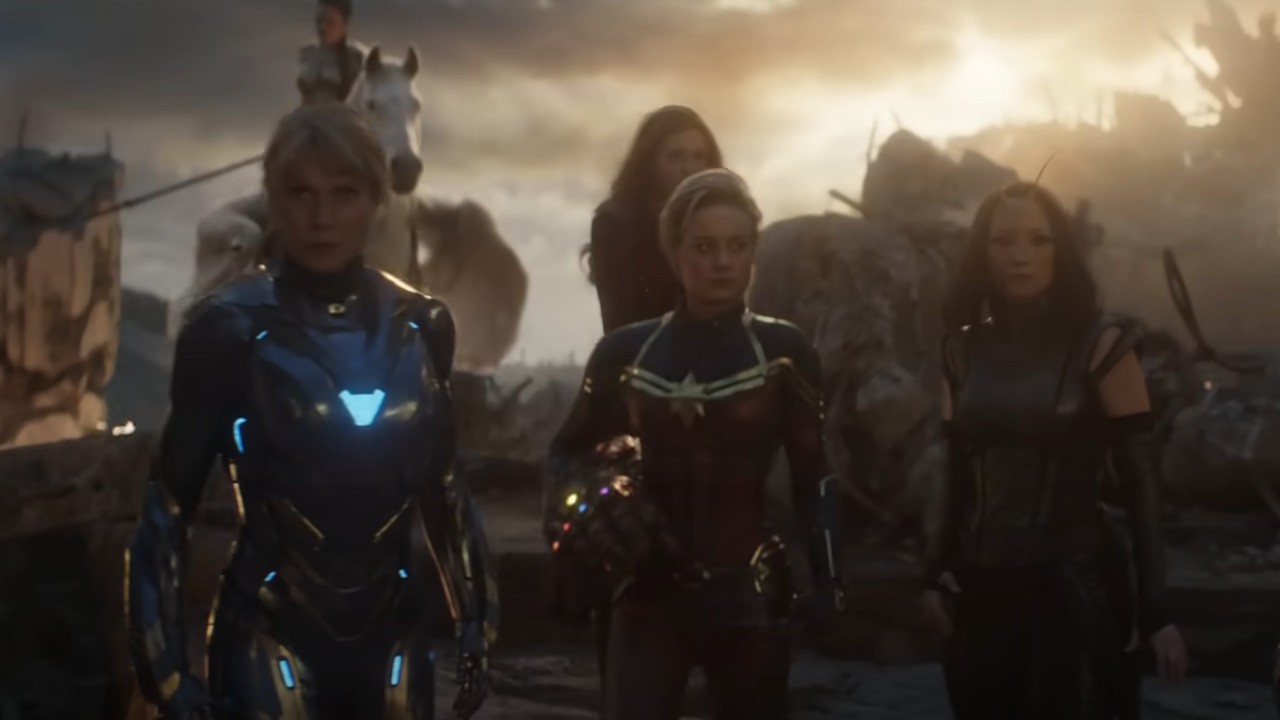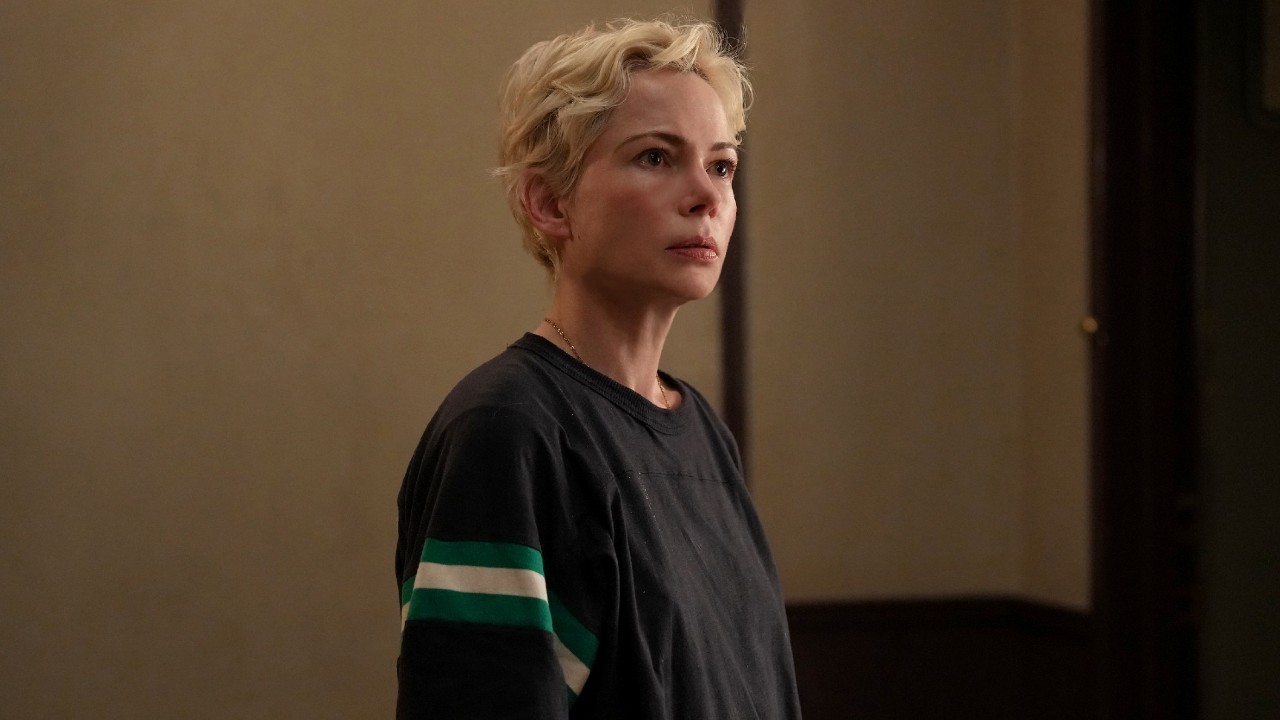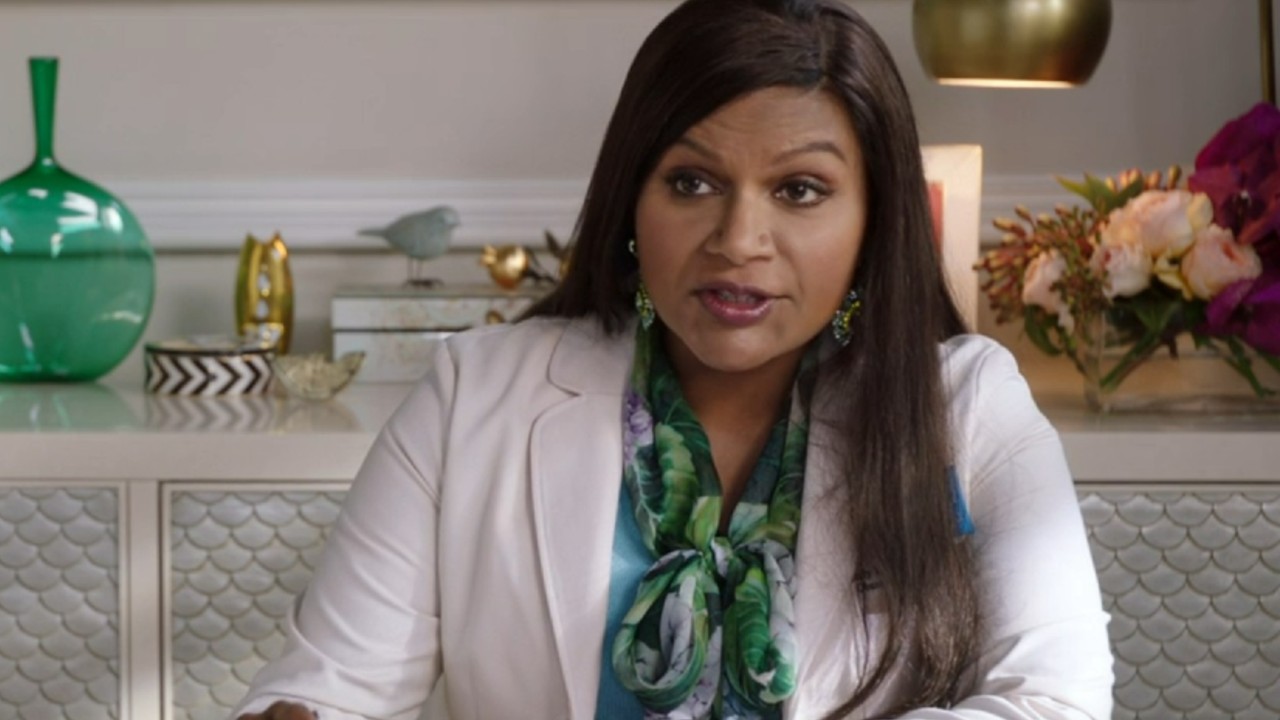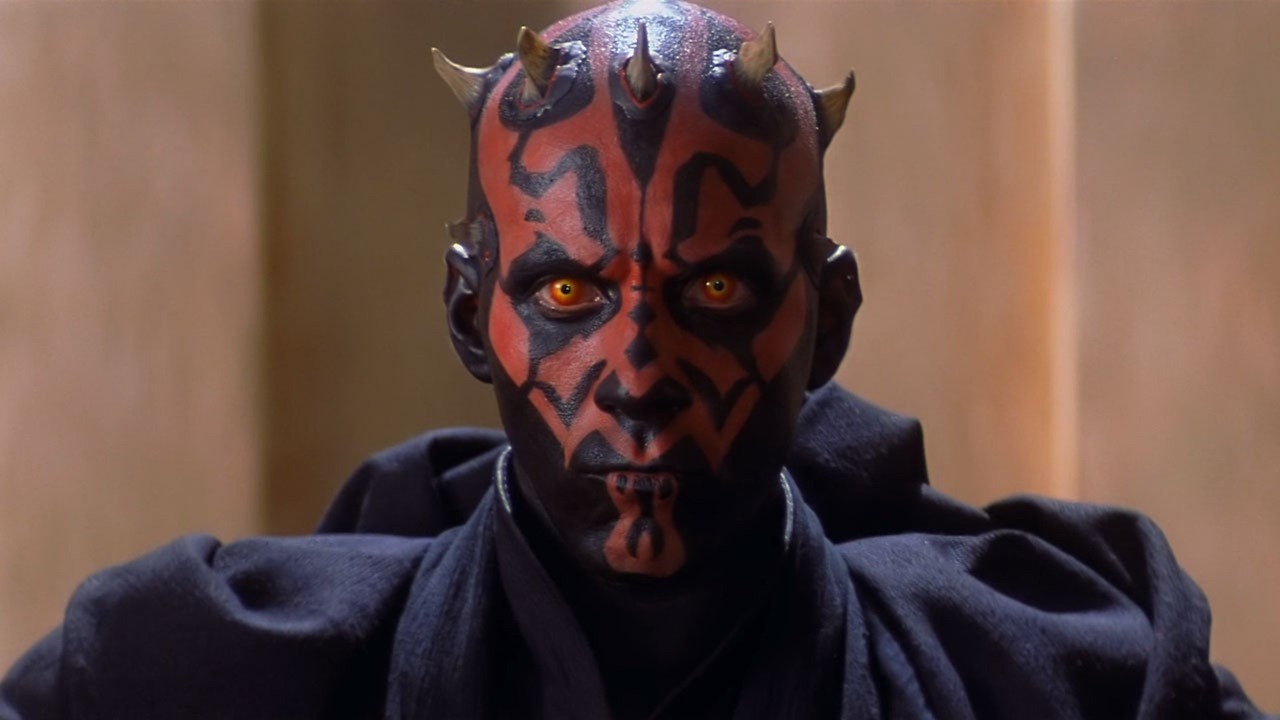From Black Widow To Wakanda Forever: 6+ Exciting Moves For Representation Phase 4 Set For The MCU
The MCU is more inclusive than ever.
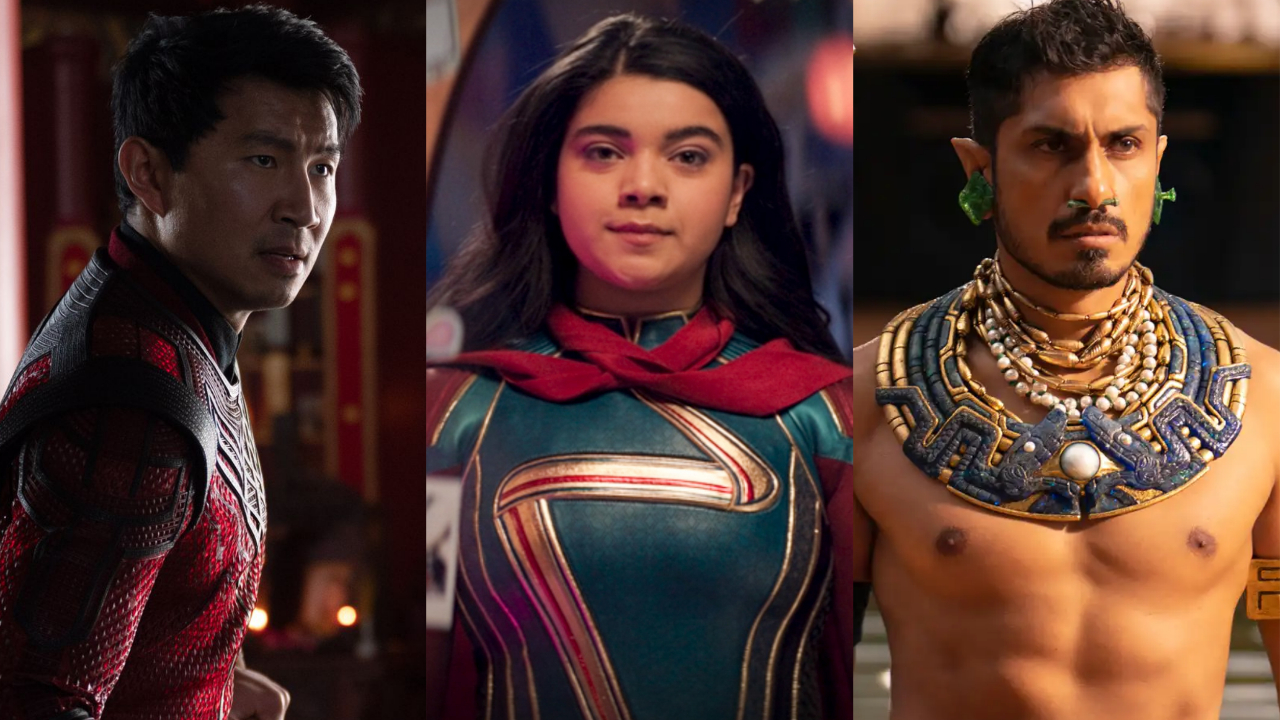
Now that we’ve witnessed Black Panther: Wakanda Forever, the Marvel Cinematic Universe’s Phase 4 is over. Over the last year and a half, starting with the release of Black Widow in 2021, we’ve just seen the most jam-packed phase of the MCU yet, with over fifteen new titles between big-screen features and Disney+ Marvel TV shows. As we anticipate the next two phases of the franchise’s Multiverse Saga, let’s reflect on Phase 4, particularly in terms of how it became more inclusive than ever before.
Marvel has grown a lot since Phase 1 capped off with the assembly of the original Avengers a decade ago, consisting of six white heroes, one of them being female. Ahead of so many more upcoming Marvel movies coming in 2023 and beyond, the franchise made a lot of exciting moves for representation. Time to break them down.
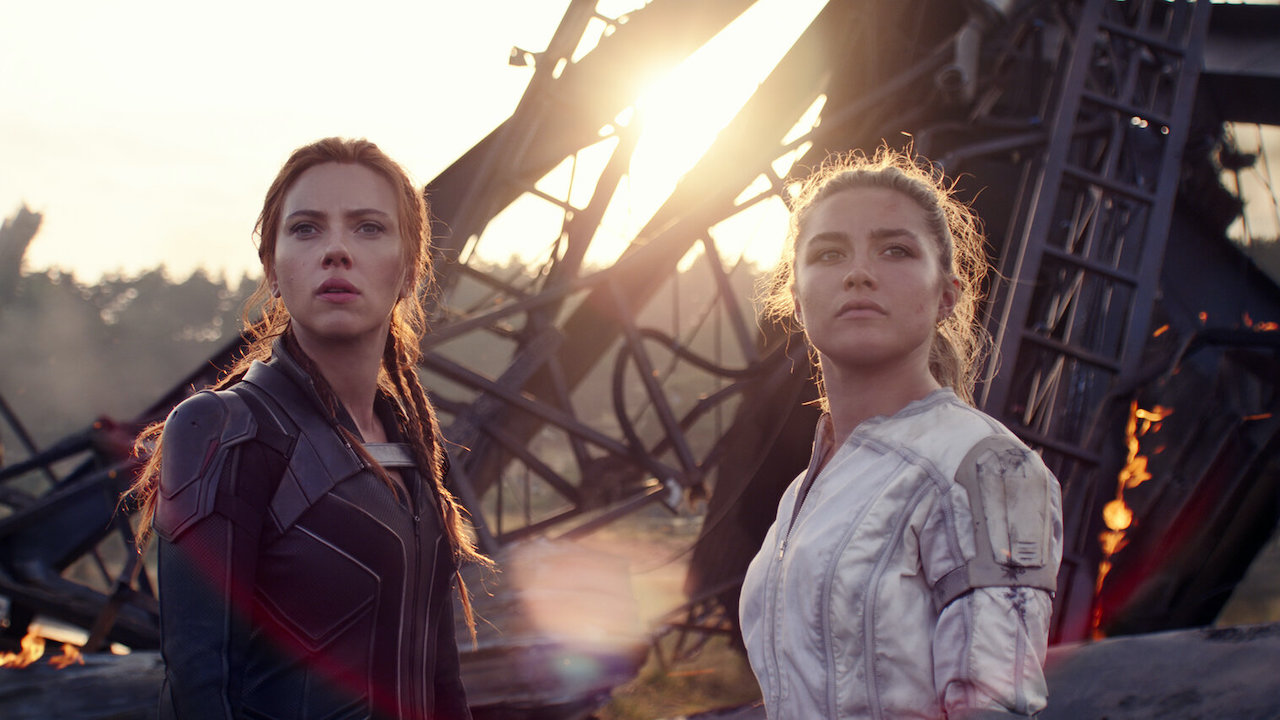
Sole Women Directors Helmed MCU Movies For The First Time
It only took 23 movies over a decade, but Black Widow marked the first MCU movie to be solely directed by a woman with the hiring of Cate Shortland. The Australian filmmaker ushered in the long-awaited backstory of Scarlet Johansson’s Natasha Romanoff along with introducing a new MCU favorite with Florence Pugh’s witty Yelena Belova. Unfortunately, the movie also led to a lawsuit by Johansson to Disney regarding the company’s decision to make it available to purchase on Disney+ at the same time as its theatrical release, breaching her contract. It was later settled between them in fall 2021.
In the same year, Chloé Zhao became the first woman of color to direct a Marvel movie with Eternals, which in and of itself made a ton of strides for representation. Given the MCU is the biggest franchise in Hollywood, it’s important for them to usher in more diverse filmmakers and Phase 4 was a great step in the right direction for female filmmakers.
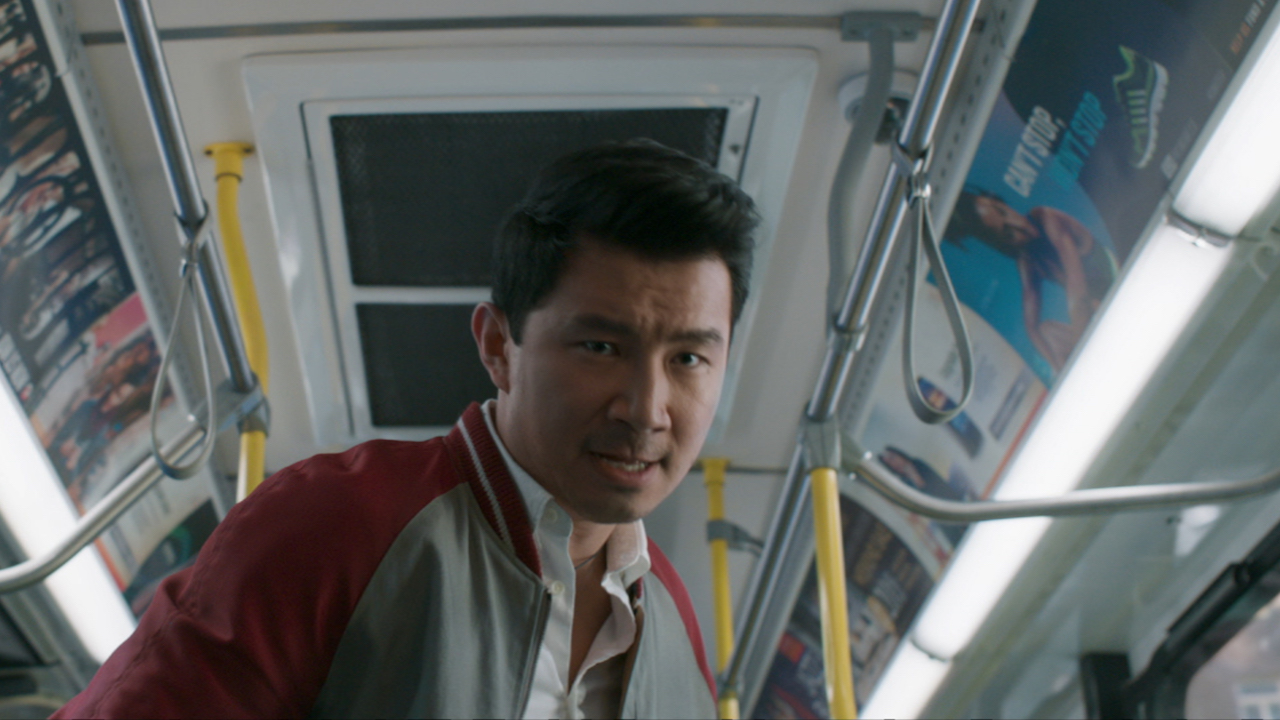
Shang-Chi Was The First Asian-Led Marvel Movie
Asian-American representation in Hollywood has a troublesome history. However, the Marvel Cinematic Universe did contribute to the forwarding of positive inclusion of Asian characters in the mainstream with 2021’s Shang-Chi and the Legend of the Ten Rings. The movie authentically approached the Chinese-American experience through Shang-Chi and Katy as they meet Chinese mythological creatures and discover Kamar-Taj.
The release became a major blockbuster at a time where the theatrical industry was still finding its footing after COVID-19 shutdowns. It introduced Simu Liu to mainstream audiences, and he's booking movies left and right nowadays. It enlisted Asian director Destin Daniel Cretton, who is now set to helm an Avengers film next. Plus, the fire soundtrack highlighted a variety of Asian artists as well.
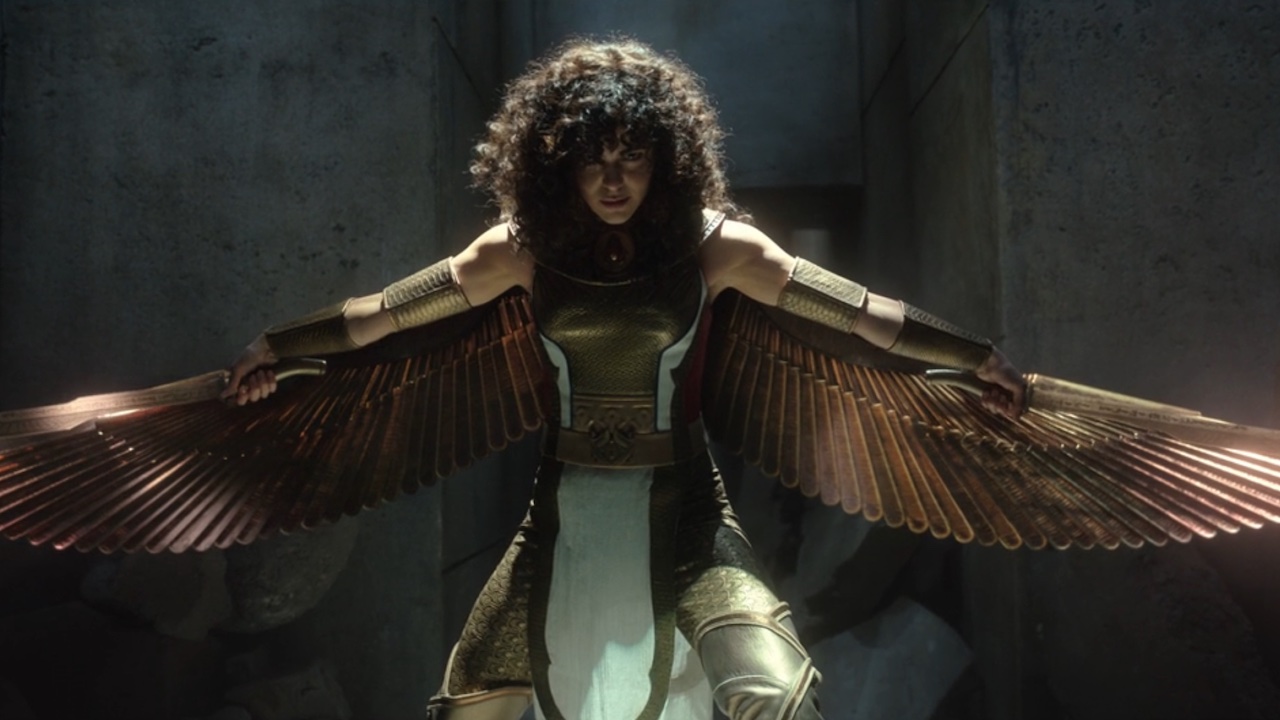
The MCU Gets Its First Egyptian Superhero
In early 2022, Marvel also debuted its Moon Knight series starring Oscar Isaac. The series inspired by the comic book that is influenced by Egyptian mythology brought about the debut of the franchise’s first Egyptian superhero in May Calamawy’s Layla El-Faouly, aka the Scarlet Scarab. In a Hollywood landscape where Arab characters are few and far between, it was refreshing to see Marvel bring in Ramy actress, who is an Egyptian-Palestinian actress, get her moment to be introduced as a Marvel hero.
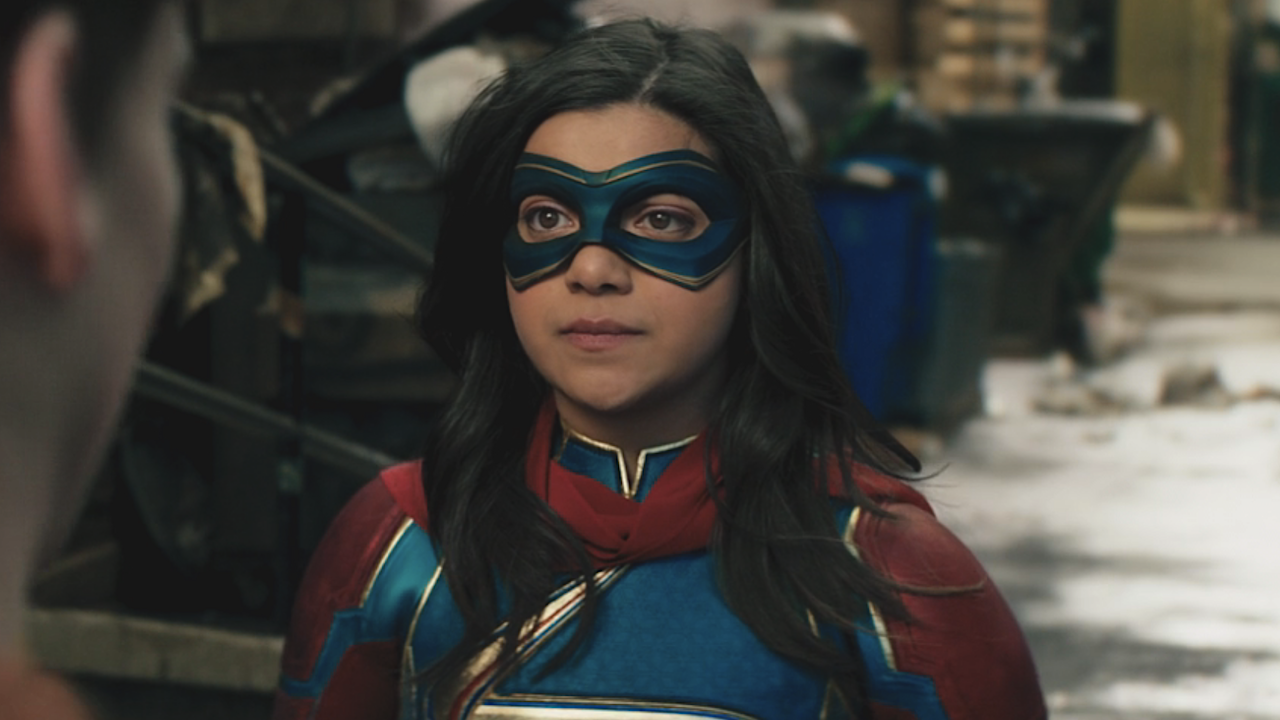
Ms. Marvel Was A Big Win For South Asian And Muslim-American Representation
The introduction of Kamala Khan in the MCU marked a big moment for the inclusion of South Asian, particularly Pakistani-American South Asians and Muslim Americans. Iman Vellani’s Marvel character authentically captured the story of a Pakistani teen living in Jersey as she navigates her coming-of-age years and discovers some major powers. This was helped by the creatives behind the scenes who could speak to this background. That includes depictions of a Muslim-American community that pushes back against stereotypes.
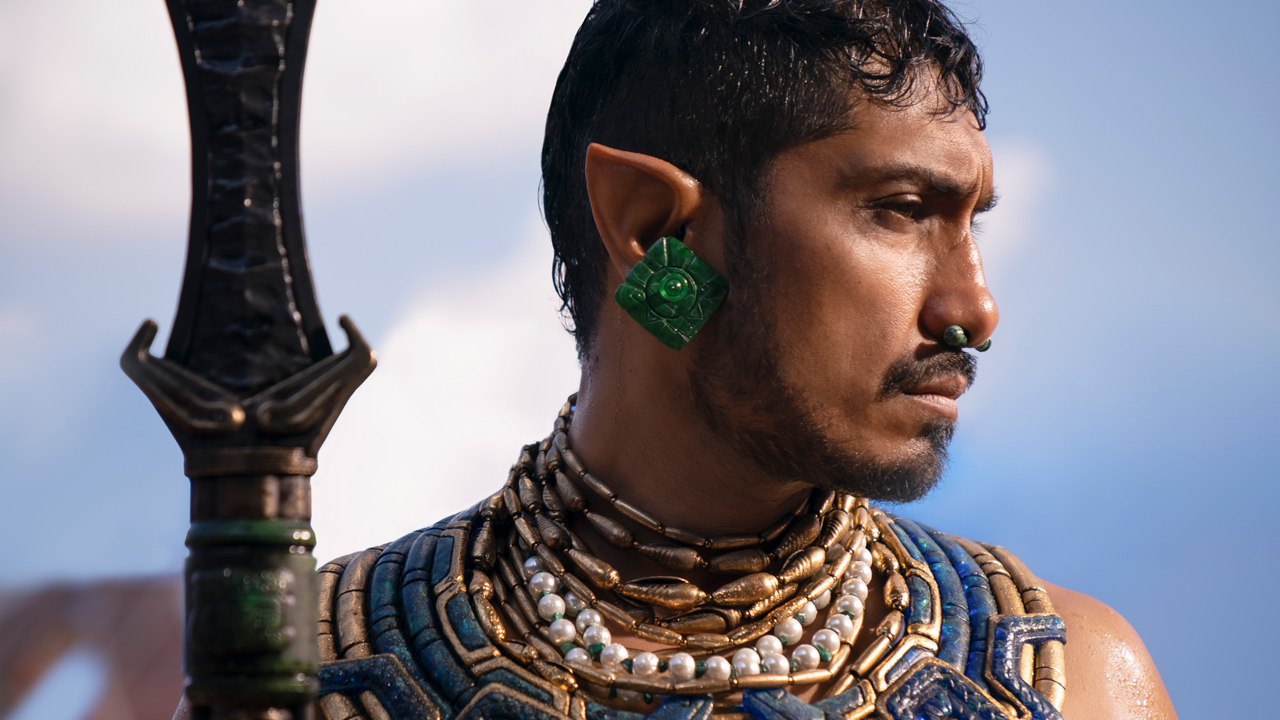
Wakanda Forever’s Talokan Was A Big Moment For Latin Inclusivity
The last big moment for representation that Marvel tackled for the first time in a big way in Phase 4 was in the Black Panther sequel, Wakanda Forever. After the 2018 original had Ryan Coogler bringing a predominantly Black cast to the forefront along with depicting a variety of African cultures with Wakanda, his second movie puts the spotlight on the Latin kingdom of Talokan, which is the MCU’s version of Atlantis.
In a beautiful retelling of Namor’s origins, Wakanda Forever tackled a Mayan-inspired story that saw a whole people retreating to the sea in light of colonialism. The Black Panther sequel also depicted another complicated villain following Michael B. Jordan’s Killmonger, with Tenoch Huerta’s incredible debut as Namor.
Over the course of a year and a half, Marvel fans have consumed a lot of content from the MCU. Between the most recent big-screen movies and Disney+ shows, MCU seems to have made a real effort to include more people from all types of backgrounds, religions and identities in Phase 4. With these various strides in representation, Marvel can be a leader in Hollywood becoming a place more honest to the diverse world we live in. Here’s to more inclusion in Phase 5 and beyond!
CINEMABLEND NEWSLETTER
Your Daily Blend of Entertainment News

Sarah El-Mahmoud has been with CinemaBlend since 2018 after graduating from Cal State Fullerton with a degree in Journalism. In college, she was the Managing Editor of the award-winning college paper, The Daily Titan, where she specialized in writing/editing long-form features, profiles and arts & entertainment coverage, including her first run-in with movie reporting, with a phone interview with Guillermo del Toro for Best Picture winner, The Shape of Water. Now she's into covering YA television and movies, and plenty of horror. Word webslinger. All her writing should be read in Sarah Connor’s Terminator 2 voice over.
